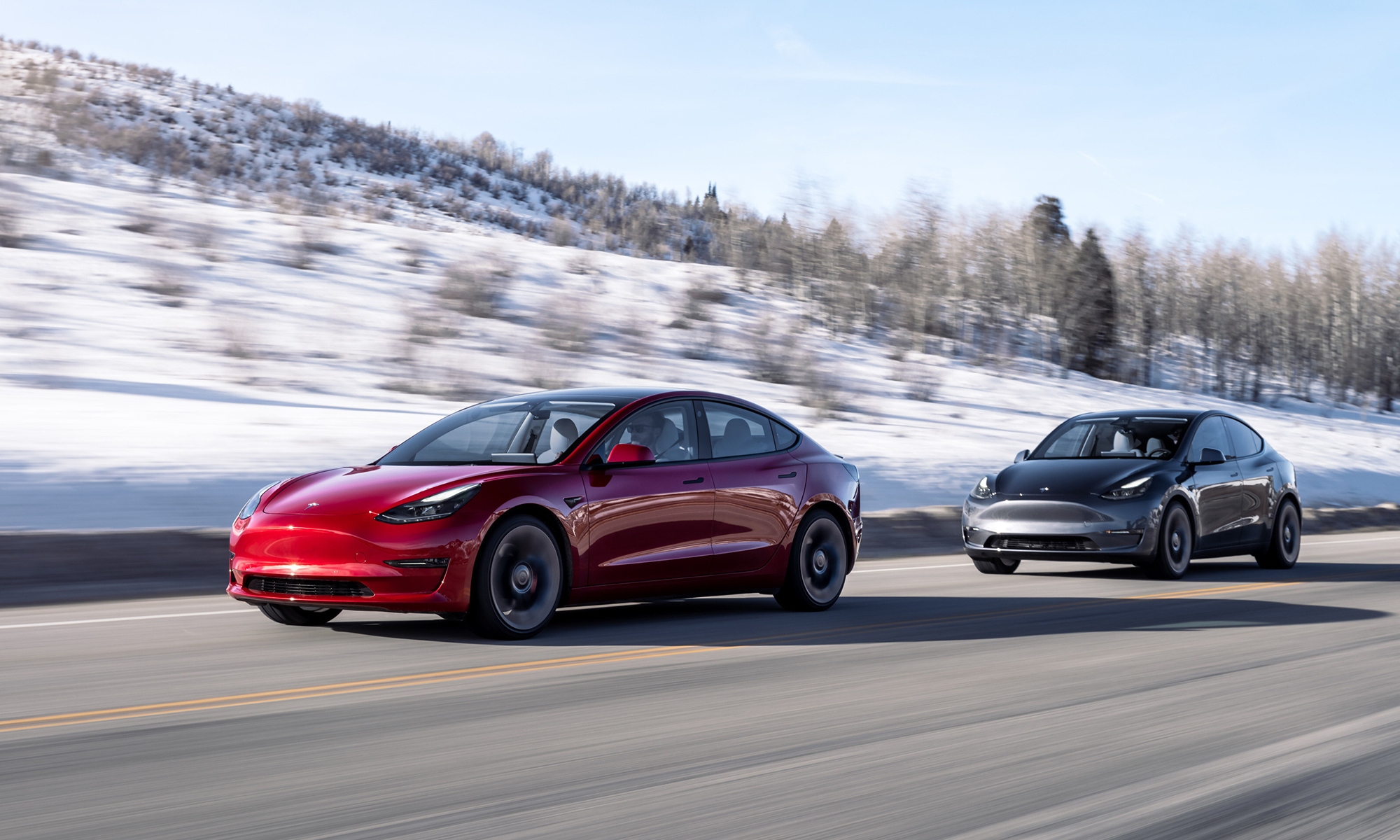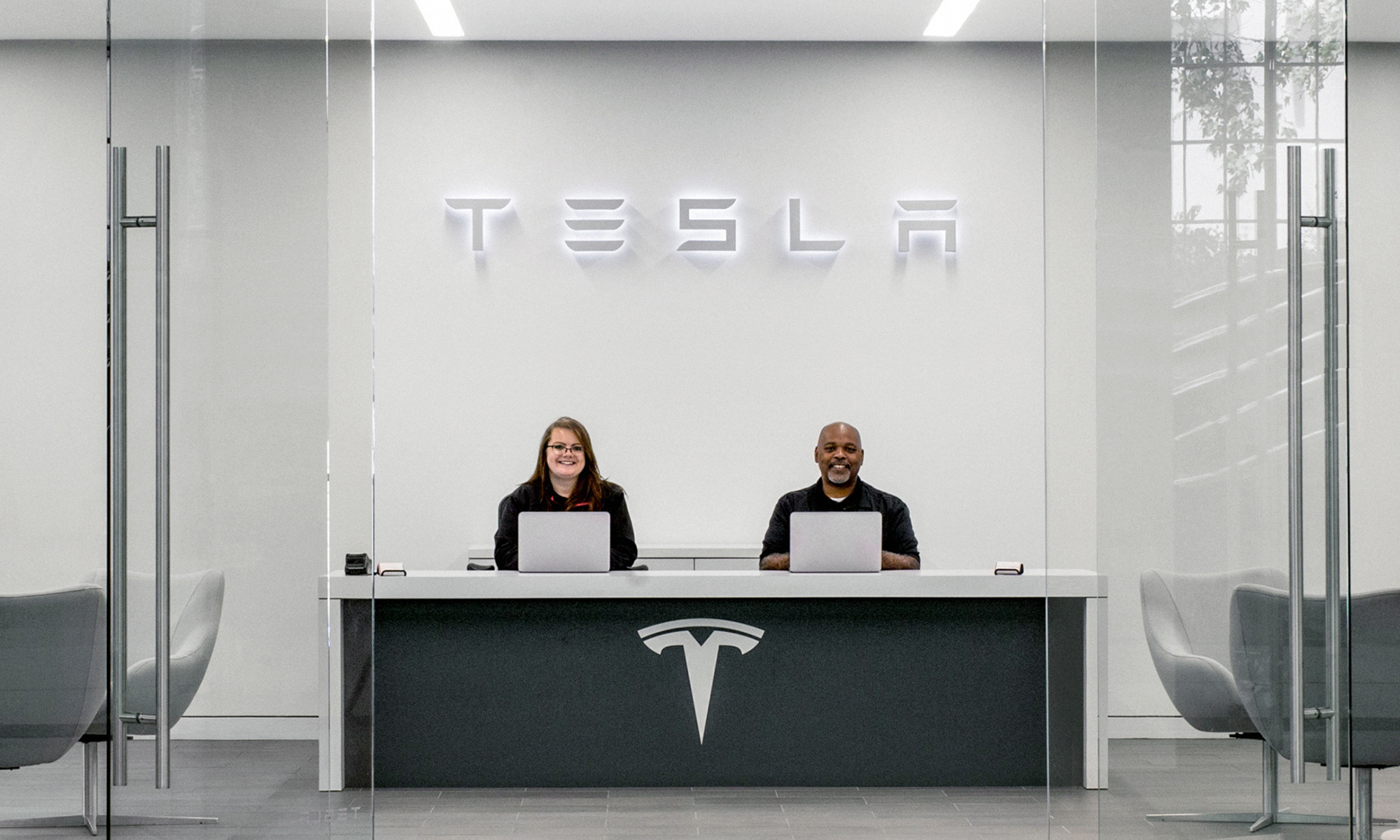Tesla Motors (TSLA 0.29%) has been hard at work building its brand strength in China. Earlier in the year the electric-car maker announced its decision to offer the Model S at a fair price. Pricing the Model S much lower than comparable cars in China exemplifies the effort that Tesla is willing to put forth in order to gain credibility in this vital market.
The car company took a big risk pricing the Model S so competitively in China -- the standard practice is for automakers to charge steep markups for luxury items, since price is often intertwined with status and prestige. Such a competitive price speaks to a much larger media campaign.

Source: Tesla
Cash rules everything around me
Opting out of charging more, and being so transparent about its intentions to treat the Chinese consumer fairly, further differentiates the Tesla brand from competitors like Daimler and Volkswagen, both of whom opt to charge more for their Mercedes-Benz and Audi brands. It's this outlier status that Tesla relied upon earlier in the month, when it began deliveries of the first Model S vehicles.
Tesla has jumped at the opportunity to invalidate pricing and status concerns by building its brand recognition and reputation through strategic and highly visible owner engagement. Having a high-profile clientele, like Yin Xidi, president of the Lifan Football Club, and Li Xiang, president of Autohome (China's leading auto information site), vouch for the brand through the simple act of ownership will squelch any concerns about Tesla's fleet not being luxurious just because of its price.

Source: Tesla
It's all about who you know
Engaging with high-profile A-listers in a transparent and highly visible manner highlights Tesla's luxury credibility despite its cutthroat price. Developing a reputation as a fair, transparent, and boutique brand increases Tesla's chance of market penetration in this vital location.
Tesla's goal has always been to get electric cars into as many hands as possible. In order to embrace that goal, it is pertinent that Tesla is successful in China, a car market that has shown substantial growth in recent years.

China's auto market growth, combined with the country's deplorable environmental regulation, positions Tesla to leverage its recent brand hype along with its technology in order to make meaningful strides within this essential market.
Media hype and clean air buzz
Riding on its recent buzz, Tesla has been working to associate itself with potential partners, such as State Grid, which operates China's electric grid, and JA Solar, one of the leading solar panel manufacturers in China. If the electric-car maker can secure such partnerships, it will be able to further increase its goodwill and brand strength by both supporting clean energy and ensuring that its Supercharger network is developed and implemented in an efficient manner.

Source: Wikipedia
China, being the status-focused luxury market that it is, presented Tesla with a challenge: to sell a luxury car at a fair price while building its brand strength. The electric-car maker seems to be on track to knock that challenge out of the park. On top of aligning itself with high-profile clients and potential partners, Tesla has gone further and called attention to its intention to invest hundreds of millions of dollars in charging infrastructure in China.
Putting its money where its mouth is
CEO Elon Musk hinted that the company would consider opening up a manufacturing plant in China. Such an endeavor would allow the carmaker's Fremont, Calif., plant to reach capacity while ensuring that global demand is met in an efficient manner. A factory in China would likely also reduce costs, decrease delivery lag time, and may position Tesla to attain government subsides while providing jobs to hundreds of people.
Tesla hitting it out of the park in China would likely position shareholders, especially those who got in early, to benefit in a substantial way. Successfully penetrating the Chinese market would secure Tesla's brand strength and product credibility, while building a reputation around being an honorable and transparent company.

Source: Tesla
The opportunity to make it big in China will likely have a substantial impact on Tesla's growth. Being the disruptive company that it is, Tesla is still a risky bet, but in the long haul, successful moves into markets like China will cushion the car company's seat at the helm of the electric-car revolution.






